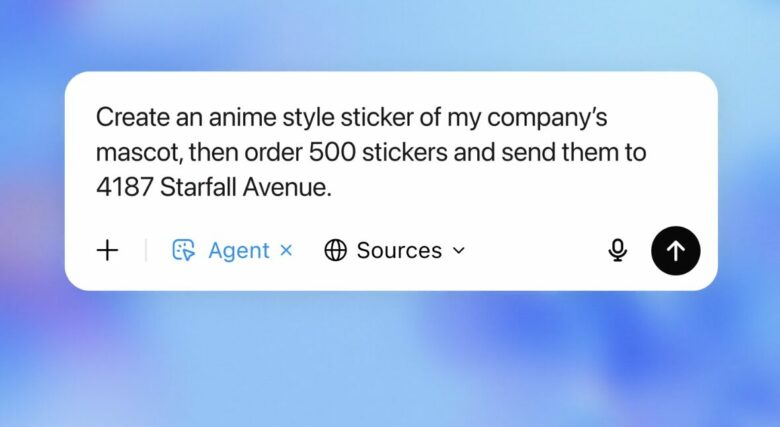Exploring ChatGPT Agents: The Future of AI Communication

Introduction
As artificial intelligence continues to proliferate across various domains, ChatGPT Agents have emerged as a significant advancement in natural language processing. These AI conversational agents are transforming how businesses interact with customers, streamline operations, and enhance user experiences. Understanding the implications and capabilities of ChatGPT Agents is essential for organizations looking to leverage AI technology effectively.
What are ChatGPT Agents?
ChatGPT Agents are AI-driven functionalities powered by the OpenAI GPT-3 and GPT-4 models, designed to engage in human-like conversation. They can understand context, provide nuanced responses, and learn from interactions, making them highly effective in customer service, content creation, and personal assistance. These agents can support a range of applications, from automating repetitive tasks to addressing complex queries within real-time interactions.
Recent Developments
In recent months, advancements in ChatGPT technology have led to more refined and capable agents. The integration of artificial intelligence into businesses has been accelerated by the COVID-19 pandemic, with companies seeking efficient ways to maintain communication with clients and employees remotely. According to a study by Deloitte, over 60% of businesses have adopted AI solutions to improve customer engagement, with ChatGPT Agents being a key component.
Recent launches of customized ChatGPT Agents by companies like Microsoft and Salesforce have showcased the versatility of this technology. These agents can be tailored to fulfill specific functions—such as supporting employees with training materials or acting as virtual customer service representatives—allowing businesses to enhance their operational efficiency dramatically.
Challenges and Ethical Considerations
While the potential of ChatGPT Agents is vast, several challenges and ethical considerations arise. Issues such as data privacy, misinformation, and the need for transparent AI interactions are critical for the ethical deployment of these technologies. Moreover, there is ongoing debate regarding the impact of AI on job displacement and the necessity for human oversight in AI-driven communications. As businesses integrate these agents, they must prioritize ethical practices to build trust with their users.
Conclusion
ChatGPT Agents represent a remarkable leap in artificial intelligence, offering businesses new ways to engage with customers and streamline operations. As technology continues to evolve, its applications will expand, making it crucial for organizations to stay informed about the developments surrounding AI-driven chat solutions. By understanding the capabilities and limitations of ChatGPT Agents, businesses can harness their power responsibly, leading to improved service delivery and customer satisfaction in this digital age.









